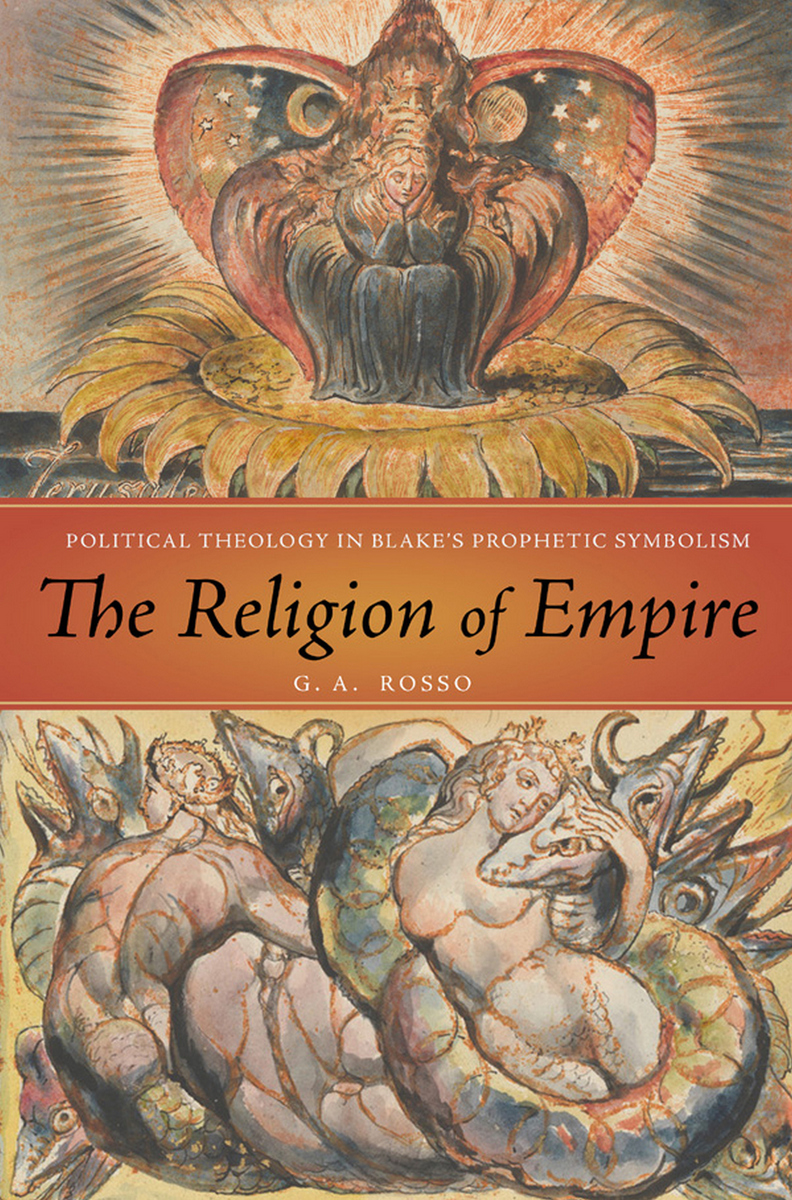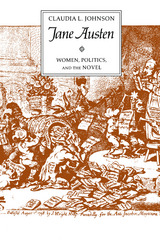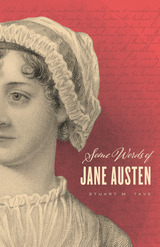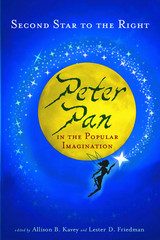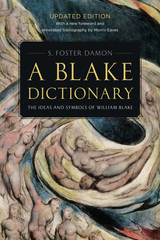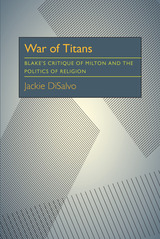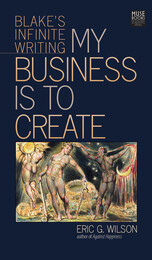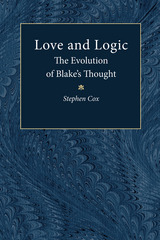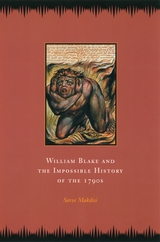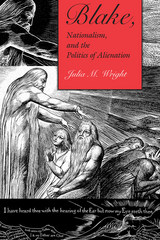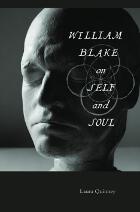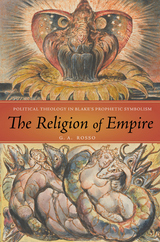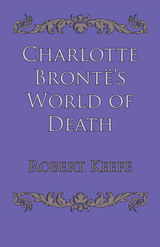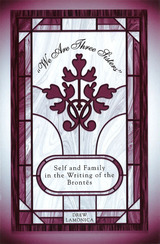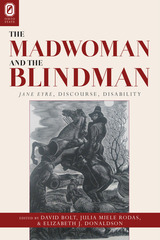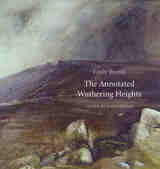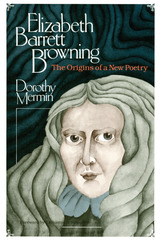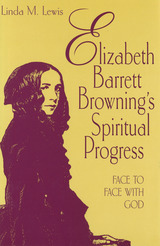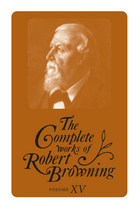The Religion of Empire: Political Theology in Blake's Prophetic Symbolism
The Ohio State University Press, 2016
Paper: 978-0-8142-5774-6 | Cloth: 978-0-8142-1316-2 | eISBN: 978-0-8142-7435-4
Library of Congress Classification PR4148.R4R67 2016
Dewey Decimal Classification 821.7
Paper: 978-0-8142-5774-6 | Cloth: 978-0-8142-1316-2 | eISBN: 978-0-8142-7435-4
Library of Congress Classification PR4148.R4R67 2016
Dewey Decimal Classification 821.7
ABOUT THIS BOOK | AUTHOR BIOGRAPHY | REVIEWS | TOC
ABOUT THIS BOOK
The Religion of Empire: Political Theology in Blake’s Prophetic Symbolism is the first full-length study devoted to interpreting Blake’s three long poems, showing the ways in which the Bible, myth, and politics merge in his prophetic symbolism. In this book, G. A. Rosso examines the themes of empire and religion through the lens of one of Blake’s most distinctive and puzzling images, Rahab, a figure that anchors an account of the development of Blake’s political theology in the latter half of his career. Through the Rahab figure, Rosso argues, Blake interweaves the histories of religion and empire in a wide-ranging attack on the conceptual bases of British globalism in the long eighteenth century. This approach reveals the vast potential that the question of religion offers to a reconsideration of Blake’s attitude to empire.
The Religion of Empire also reevaluates Blake’s relationship with Milton, whose influence Blake both affirms and contests in a unique appropriation of Milton’s prophetic legacy. In this context, Rosso challenges recent views of Blake as complicit with the nationalism and sexism of his time, expanding the religion-empire nexus to include Blake’s esoteric understanding of gender. Foregrounding the role of female characters in the longer prophecies, Rosso discloses the variegated and progressive nature of Blake’s apocalyptic humanism.
The Religion of Empire also reevaluates Blake’s relationship with Milton, whose influence Blake both affirms and contests in a unique appropriation of Milton’s prophetic legacy. In this context, Rosso challenges recent views of Blake as complicit with the nationalism and sexism of his time, expanding the religion-empire nexus to include Blake’s esoteric understanding of gender. Foregrounding the role of female characters in the longer prophecies, Rosso discloses the variegated and progressive nature of Blake’s apocalyptic humanism.
See other books on: Blake, William | Feminist | Jerusalem | Milton | Political theology
See other titles from The Ohio State University Press
